How to Tour Successfully: A Complete Guide to Making Money on the Road
Touring can offer a viable method for sustaining a band. Countless artists rely on their ability to tour to build and maintain their music career.
If you intend to be one of these artists, there are somethings to take into consideration before leaving for tour.
To tour successfully, before leaving for tour, make sure to account for any and all expenses, confirm a guarantee for each show, create a schedule detailing all important information for each show, route the tour in a logical manner, and keep a detailed report of ticket sales and show attendance.
How to Tour Successfully in Detail:
In an increasingly digital world, a live concert is one of the few places music lovers congregate and share an experience.

This may be why festivals and live shows have grown in attendance and popularity over the past decade. People want to see their favorite artists, and just as importantly, to share that moment with people just like them.
That being said, if you make music, and have released it - there is no doubt someone, somewhere who wants to see you play that song or album in a live setting.
With this in mind, many bands have sought to tour, find those fans and grow their fanbase.
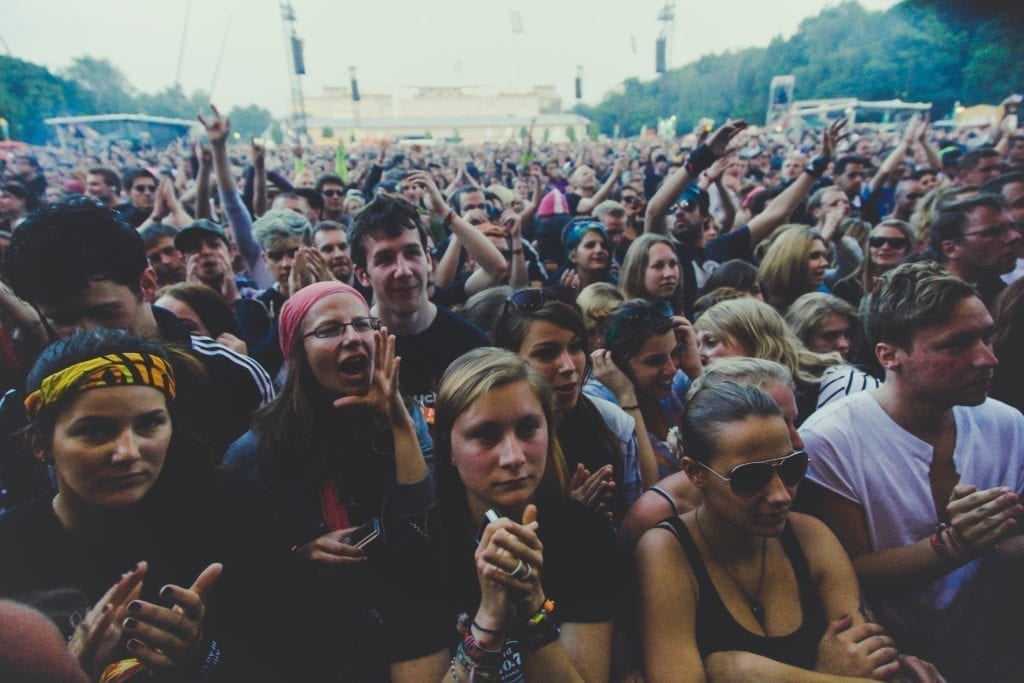
But the idea of touring is a much easier thing than the actual process of packing your gear and traveling. Touring holds many unknowns, and unique experiences. Some of these are great, some not so much.
That’s why when planning a tour it is pertinent to take everything in mind, from your expenses, to your fans and anything in between.
Let’s look at a detailed example, with which we’ll calculate tour expenses, plan tour routing, discuss guarantees, and examine many of the logistics and problems you may encounter on your tour.
And if you're looking for other ways to make money as a musician, take a look into royalties: https://www.sageaudio.com/blog/tips-for-musicians/making-money/royalties-simplified.php
Account for Any and All Expenses
This is where many bands fall short. They’re too excited about the prospect of going on the road that they never take a minute to discuss logistics.
Knowing how much the tour will cost you in possibly the most important part of making it successful. Cutting costs reduces your break-even point, and increases the chances you can design a sustainable touring model.
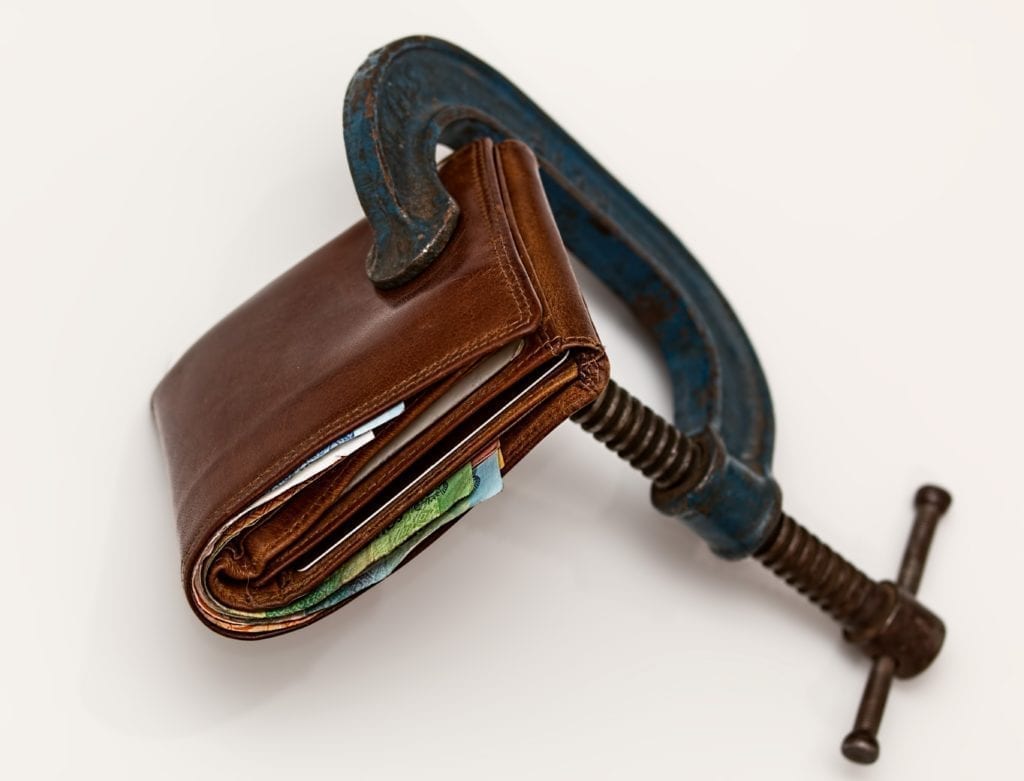
Here are Potential Costs for a Tour:
Gas,Lodging, Food, Flights, Tolls, Parking
Prior to leaving for tour, you should know exactly how much each of the above will cost you.
Let’s look at an example, possibly one that will be similar to your tour.
Let’s say you live in Nashville, TN. and want to tour for a week. You intend to play 6 cities, and want to play 7 shows. With expenses in mind, this brings up one important consideration. How will you route your tour?
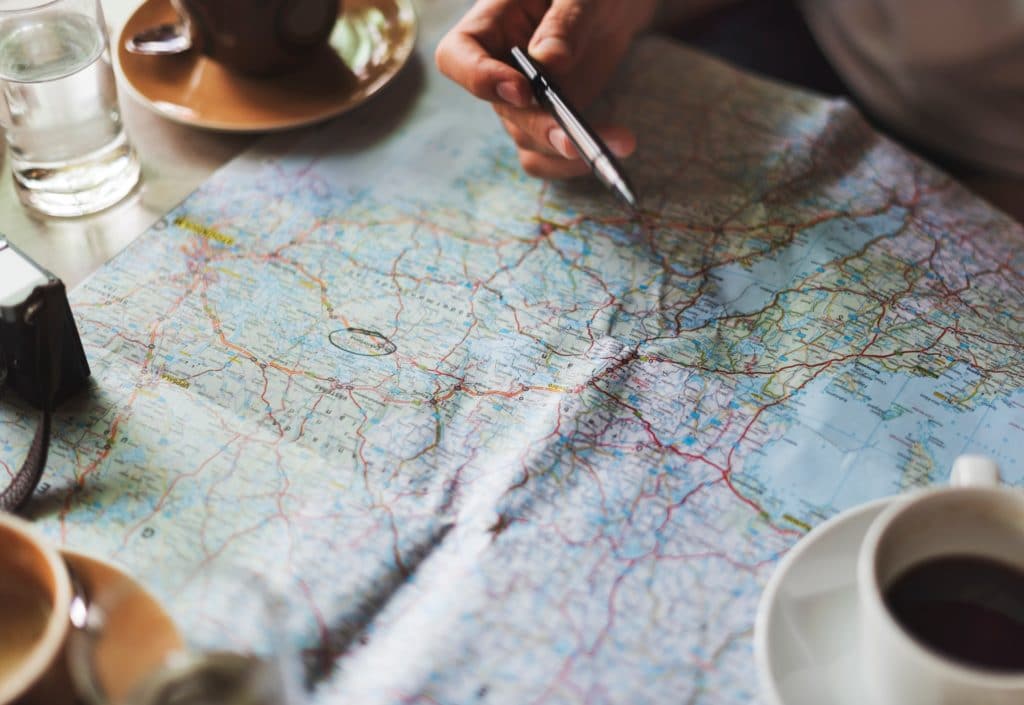
Odds are you have fans in your hometown - your tour should start and end in Nashville. You should play one show in one part of town, and then again at the end of your tour in another part.
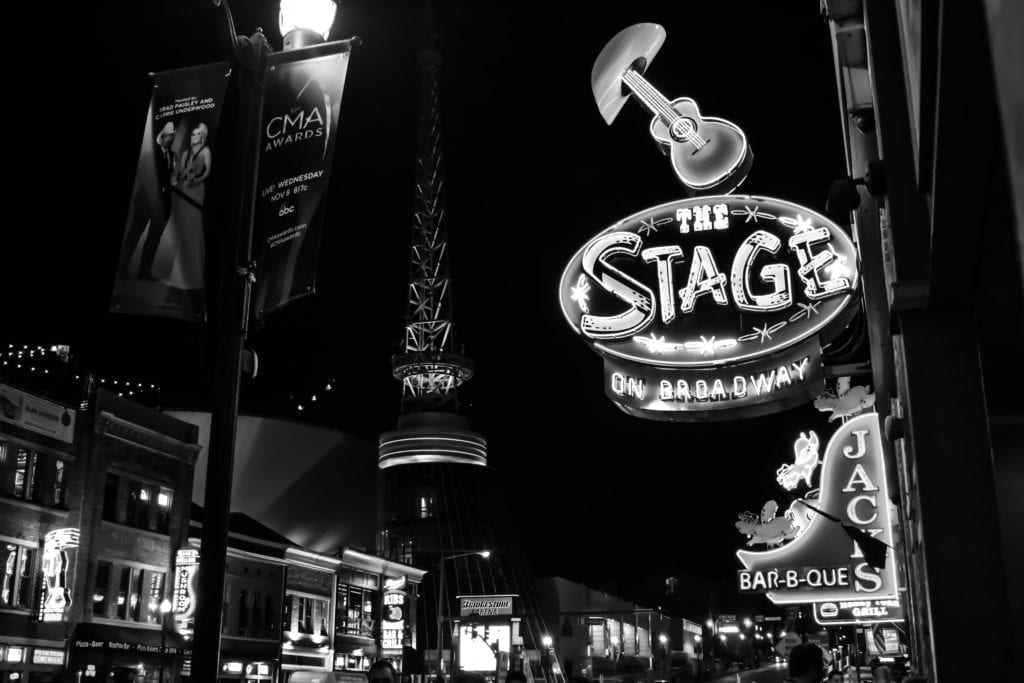
With that established, plan the other 5 shows/cities accordingly.
Deciding which cities to travel to should be logical. Where are your fans? If you have your music on Spotify or just about any other online streaming service you can look into where your fans are based by looking in the platform’s analytics.
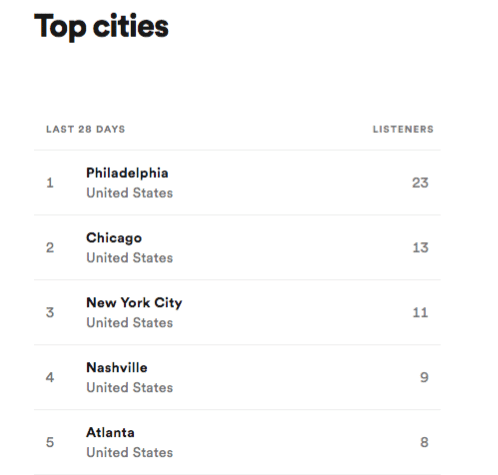
With fan location in mind, plan from there, and make your route a loop. Let’s take a look at what this means.
Let’s say you have fans in Louisville KY, Indianapolis IN, Chicago IL, St. Louis MO, and Memphis TN.
This provides a great opportunity to create a loop, which minimizes travel time and gas expenses. If you start and stop in Nashville, you can travel to each city in the order it’s listed above and create the shortest potential overall distance traveled.
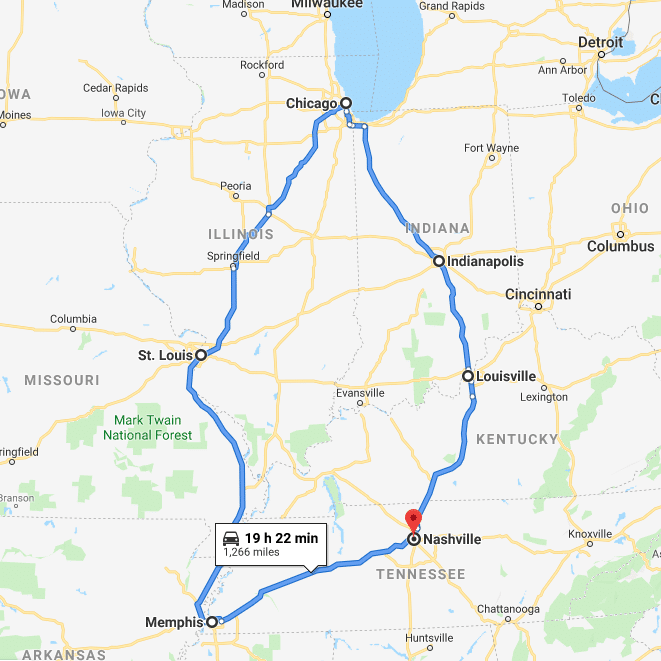
In our example here the total mileage is roughly 1,266 miles. Let’s say your taking your band van, which gets 20 miles per gallon on average. This means that you’ll need 63.3 gallons to complete your trip.
If gas costs $3.50 per gallon on average, your gas expense for tour = $221.55 USD
Let’s say you royally mess up the dates and don’t plan your trip in a loop. You start in Nashville but then go straight to Chicago, then Louisville, Indianapolis, then Nashville again, Memphis, and end up in St. Louis, still having to drive home to Nashville.
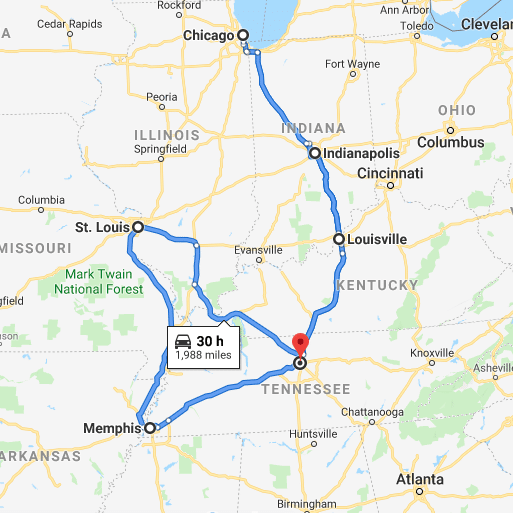
Instead of 1,266 miles, you just travelled 1,988 miles, resulting in 99.4 gallons needed and $347.90 in total gas expenses. As a result you just paid $126.35 more to have to spend more time in a van. That’s rough - don’t do this. Plan your tour in a loop.
Next let’s consider Lodging Expenses:
Since two of your shows are in your hometown, you don’t need to worry about lodging expenses for those two dates. There is the matter of your regular rent, but you’d be paying this regardless, so no need to consider it a tour expense.
You now need to plan for lodging in the 5 cities to which you intend to travel.
Here’s how to cut down on lodging expenses on tour:
Ask any friends or family who live in that city if you can stay the night there, consider camp sites, as their incredibly cost effective, use Airbnb instead of a regular hotel, and if all else fails sleep in the van.
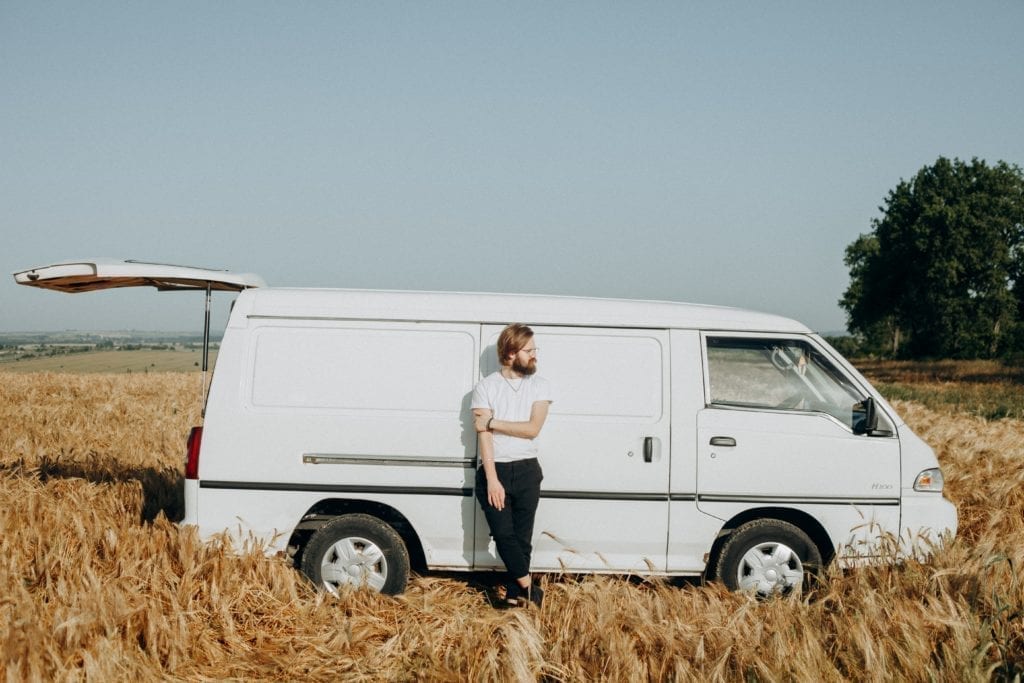
Some of these options certainly aren't luxurious, but if you can’t afford a hotel at this point in your career, and you want to at least break-even on tour, it most likely isn’t an option.
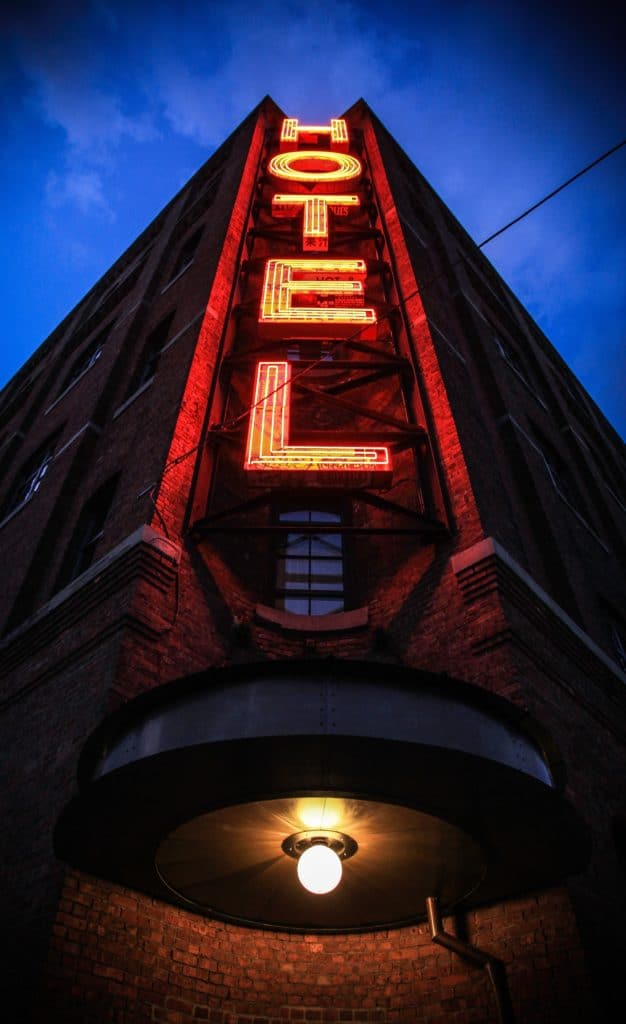
Let’s say in two cities you can stay with friends, or family. In two cities there are some campgrounds that are well reviewed online and seem like a decent enough place to stay for $30 each night. In one city you stay in an Airbnb for $90.
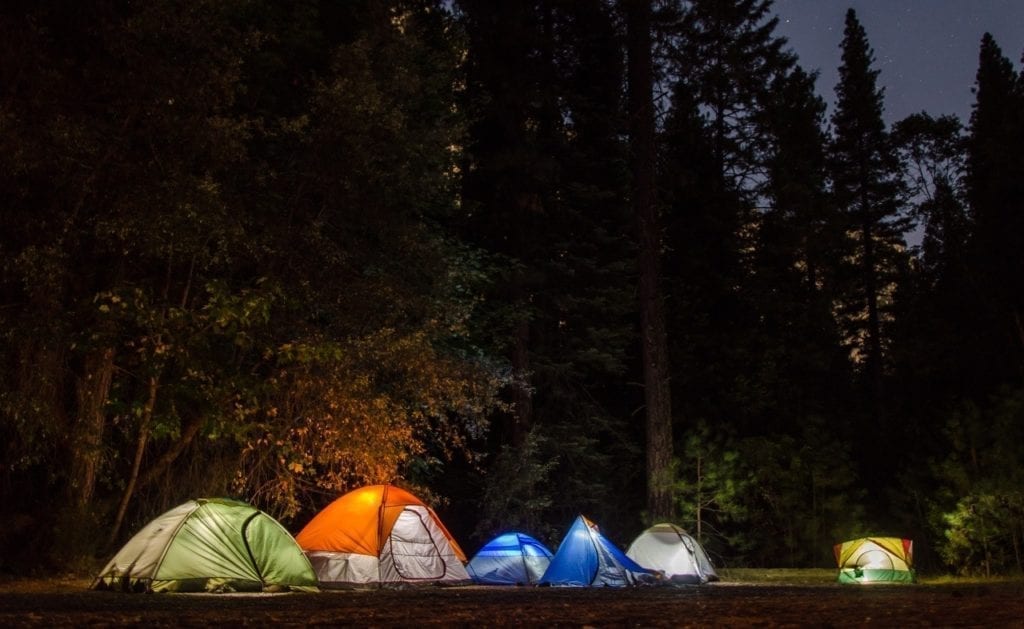
Total Lodging Expense: $150.00 USD.
This isn’t bad for 5 days of traveling, and can easily be recouped from playing shows.
Other Expenses: Food, Tolls, Parking
Each band member will no doubt need to eat. This can be considered a personal expense, but for the sake of being comprehensive, let’s say it’s considered a tour expense.
If you plan ahead, this expense can be kept to a minimum.
Food Expenses:
Shop at grocery stores, not convenience stores, purchase food that does not require refrigeration, avoid eating at restaurants, avoid fine dining, keep drinks a matter of personal finance.

Although eating fast food will cut down on expenses, this definitely comes at a price. Too many poor eating choices on tour will leave you feeling sluggish, and could possibly make you sick. If you can’t afford to cancel a show, keep your health in mind.
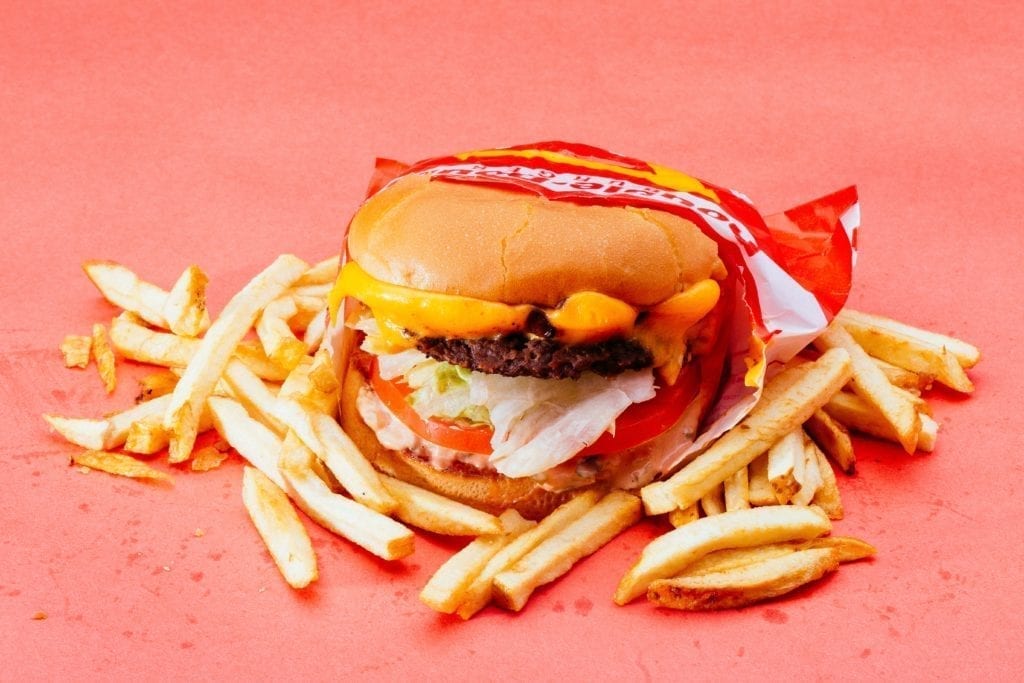
For this expense let’s estimate $10 per person per day. Let’s say this is a 4 person group, resulting in $40 per day. Considering food expenses don’t apply when you’re in your hometown, similar to lodging, this expense occurs for 5 days.
Total Food Expense: $200.00 USD
Tolls:
Although definitely not as expensive as gas, food, or lodging, tolls can eat away at potential profits.
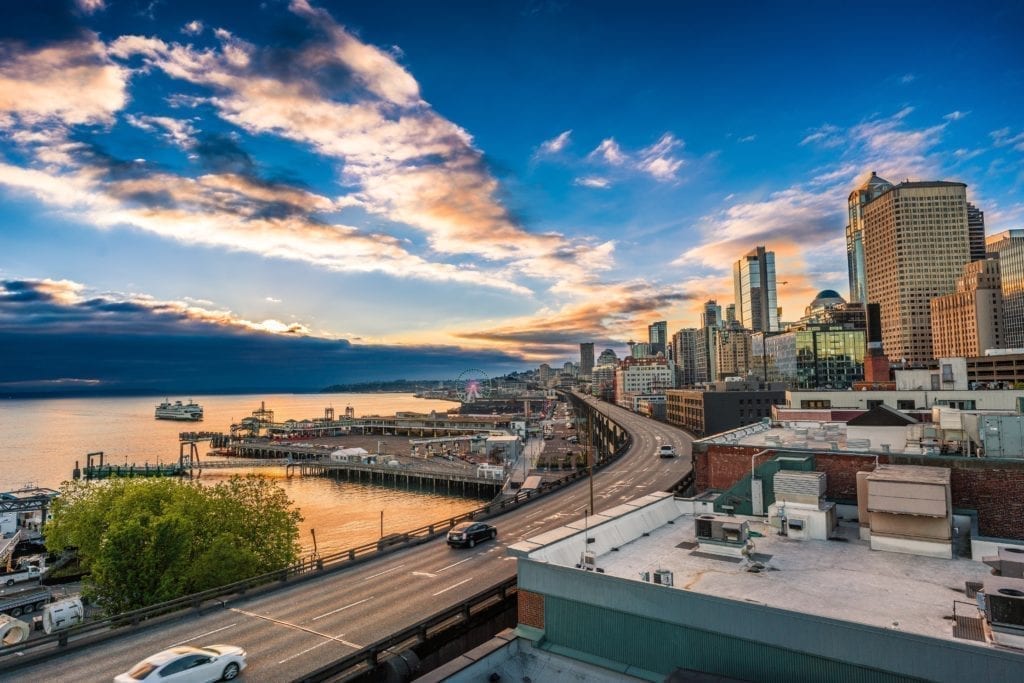
They can of course be avoided but often at the expense of extra gas due to the mileage it takes to get around them.
This is something to consider for any tour, especially when touring the East Coast.
For our example here tolls weren't too much of an issue.
Total Toll Expense: $11.10 USD
Parking:
Sometimes it’s easy to find parking. When you’re in a van loaded with gear, 4 sweaty musicians, and driving through NYC, it really, really isn’t.
That’s why it might be best to factor in parking when considering expenses. It’s certainly better to know where to park ahead of time, than to risk being late for load-in.

In our example, the only challenge may be in Chicago if the club or venue is downtown. Let’s say it is and estimate our parking costs for 6 hours of parking.
Total Parking Costs: $25.00 USD
With all of this information, we can calculate how much this tour will cost.
Total Cost of Tour: $607.65 USD
Although your tour may look slightly different in terms of expenses, keep the process of calculating expenses in mind. It’s vital to having a successful tour.
Now that you know a close estimation of the total tour costs, consider how you plan on making money for this tour.
Make Money with Guarantees, Merch, and Sponsorships
Like keeping your expenses low, actually bringing in some revenue is incredibly important to having a successful tour.
Here are some common ways to make money on Tour:
Confirming Guarantees, Selling Merchandise, and Gaining Sponsorships
Guarantees:
A guarantee is an agreement between your band and the owner of a venue or establishment.
The idea is simple, you play for a certain amount of time, and in return receive a specific amount of money.
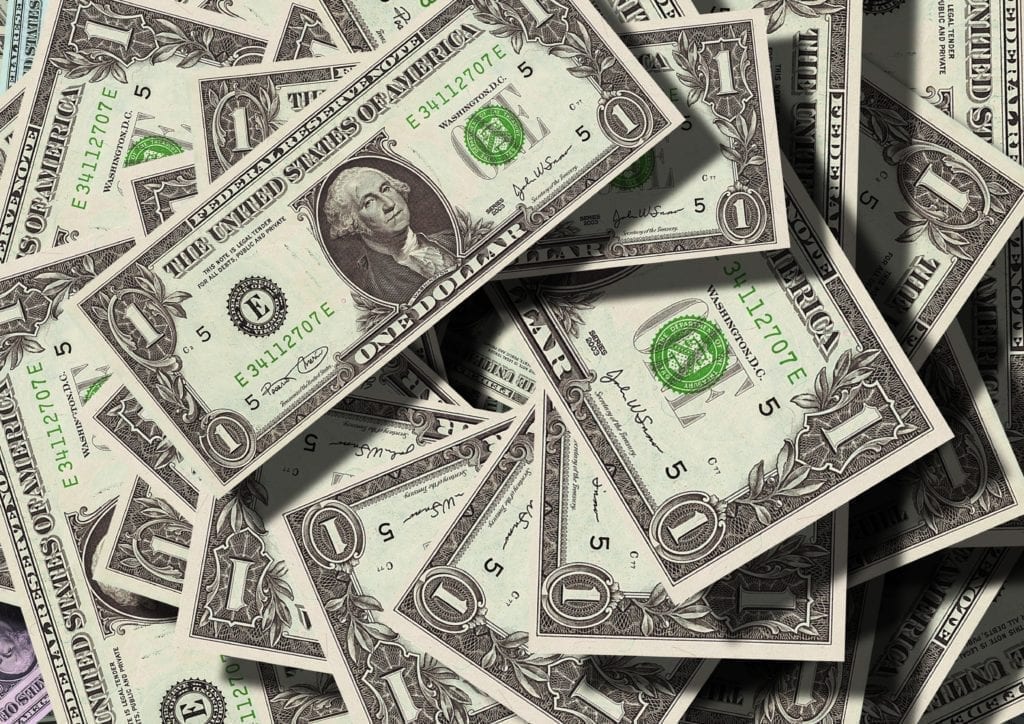
This can take many different forms, with all types of perks and arrangements being made in the process.
When you start out, you’re likely to receive guarantees ranging from $100 to $300 per show. Some of these will include perks like a free meal, or many even a place to stay for the night. Although this may not be the best, it still cuts down on your expenses and should be taken into consideration.
Sometimes the guarantee will be a bit more complex. For example, you can be offered something like $50, 10% of ticket sales, and 100% of your merchandise sales.
This may seem enticing at first, but the afore mentioned deal isn’t too great. If you’re ever offered to keep 100% of your “merch” sales, this may be an excuse for the venue to pay you less.
It’s your merchandise, and you should always expect to keep 100% of sales.

When negotiating a guarantee, mention that you’re touring. Many managers and owners will take this into consideration and offer you more to help cover your expenses.
Of course it is up to you what you agree to, but always keep your expenses in mind. If one venue won't offer your the guarantee you need, there are typically others in the area that will.
Selling Merchandise:
This can definitely turn a costly tour into a lucrative one very quickly. If you have attractive merchandise, and make it a point to try to sell it, you’ll have a successful tour.
How to Increase Merch Sales at Shows:
Have your merchandise clearly displayed and organized, if possible, have someone at your merch table at all times. Mention your merchandise while playing your show, and indicate where your merch table is located.
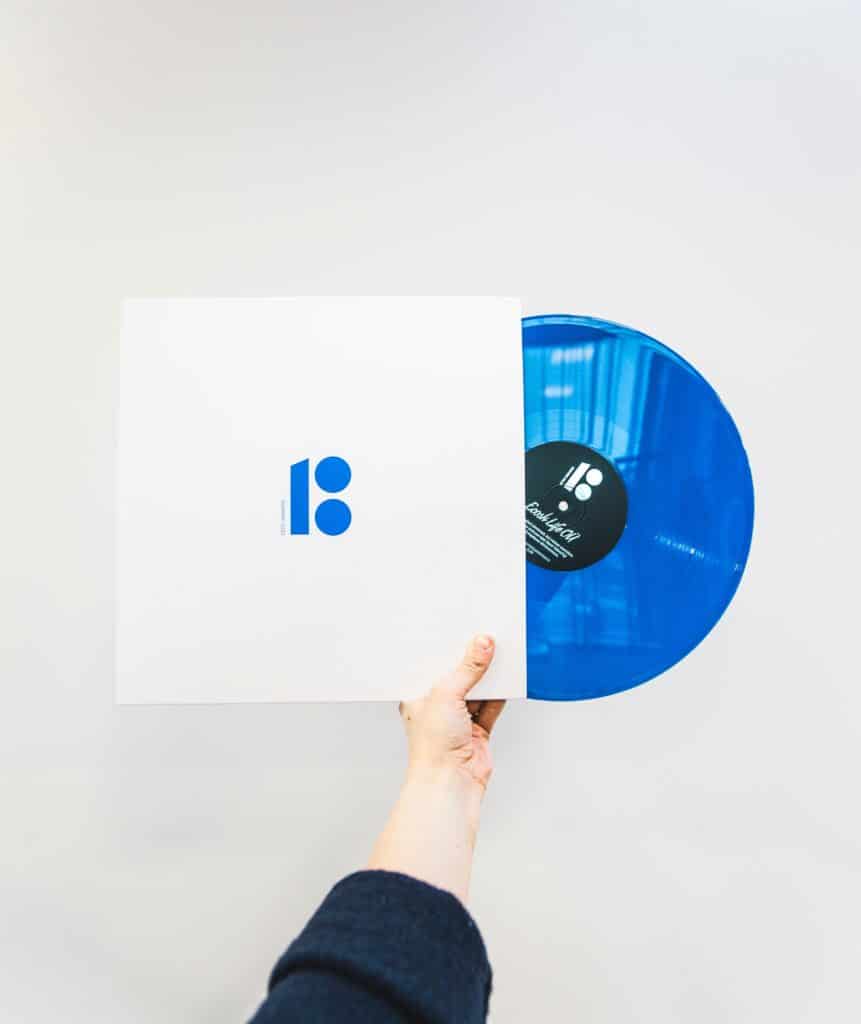
Offer an array of different items, allowing for deals and merchandise combinations. Accept as many forms of payment as possible. Including but not limited to Venmo, PayPal, Cash, Card, and Zelle.
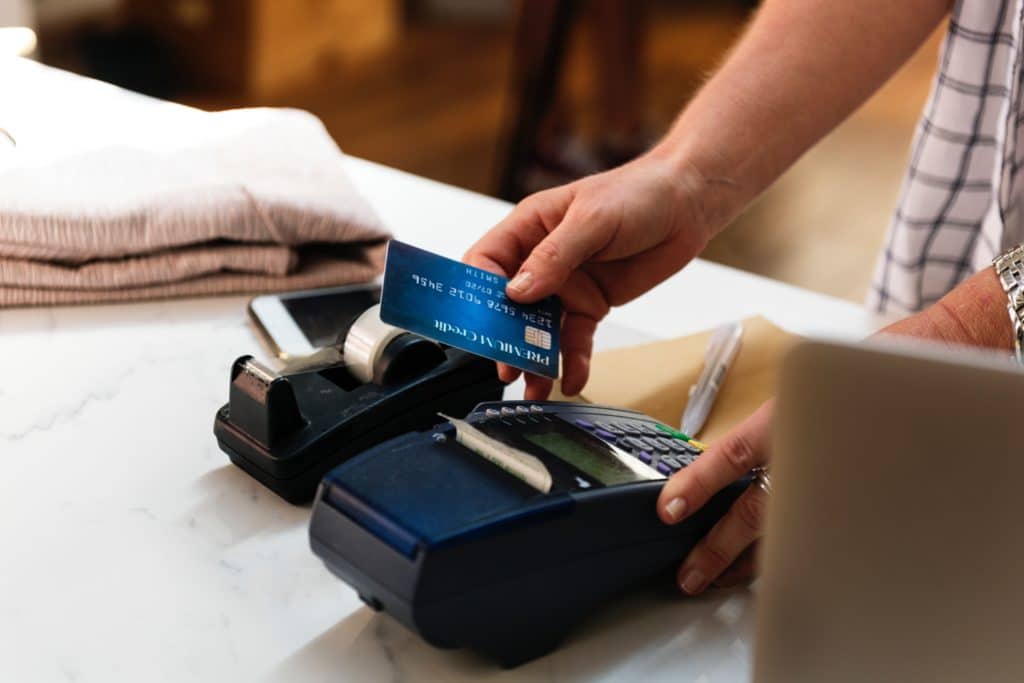
Sponsorships:
If you can secure a sponsorship, this will definitely counteract a lot of your expenses. They can take many forms of course, and can range in value.
Typically sponsorships from music-based companies offer you equipment, like guitar strings or drumsticks.
Others may give you a monthly payment for promoting them on social media while touring.

If you own a van or car, some companies are looking to have their logo advertised on vehicles that travel a lot. If you go on tour frequently, this is a great opportunity to make up to $600 a month.
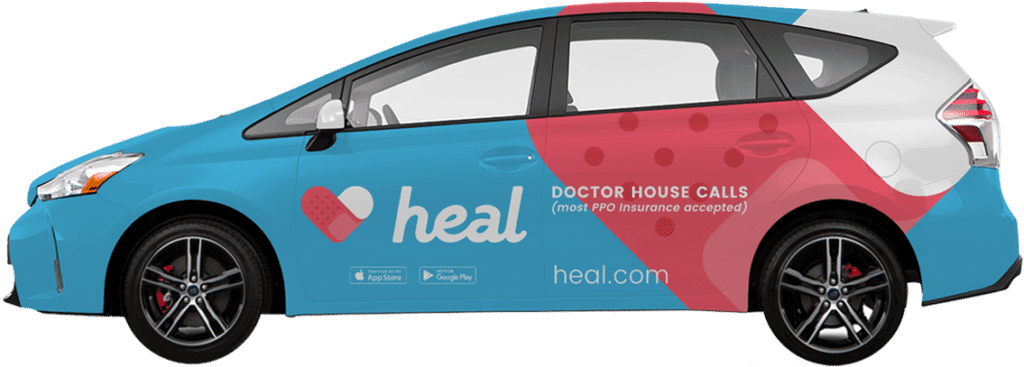
With the right mixture of guarantees, merch sales, and sponsorships even a new band can have a successful and lucrative tour.
Keep Records of Important Information to Stay Organized:
Other than the financial parts of touring, there is some really valuable information you need to know before playing a show.
Know These Things Before Each Gig:
The load-in time, where you can park your van or trailer while loading in, what time you go on, how long your set needs to be, and who you are playing with .
The reason you need to know who you’re playing with is to build camaraderie. Establishing good relationships is crucial to the future success of your act or band.
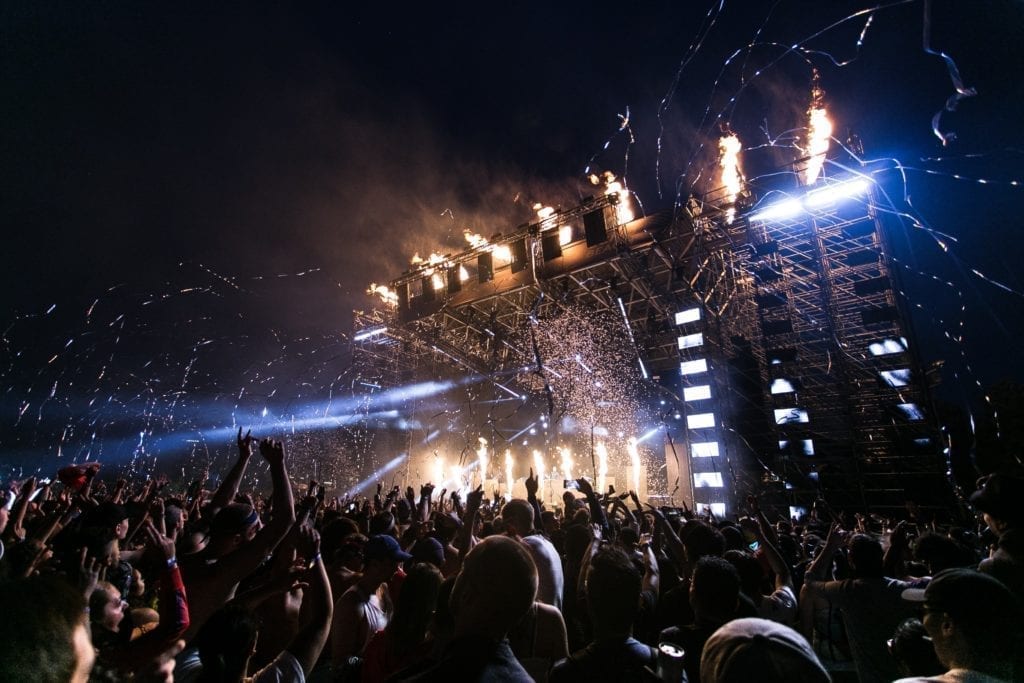
Furthermore, if you’re playing with local bands in a foreign city, you can promote the show on Instagram or other social media. If the locals know the bands you’re playing with, the odds of them coming to the show are much greater.
Know These Things After Each Gig:
The overall attendance, overall revenue from ticket and merch sales, and the capacity of the venue
Although this may sound like overkill, any and all information regarding the success of a show is valuable to any venue, booking agent, label or all of the above.
If you can show that you have consistent attendance, and can make money for the people you work with, who wouldn’t want to work with you in the future?
And of course, never forget to interact with the business owners, other bands, and the audience in a respectable manner. Give them a good reason to remember you, be it a great performance, or a a one-on-one conversation.
Conclusion:
Touring is both fun and challenging, adventurous and surprisingly mundane.
But, one thing it never needs to be is unsuccessful.
If you keep finances in mind, you can create a model for future tours. Of course, this may seem overwhelming at first, but if you get it right the first time, using proper planning and negotiation, you have a sustainable business model for every subsequent run.
Bands that learn how to tour and tour well, are significantly more likely at creating a successful career.
In a landscape where making money is difficult, touring provides one of the few lucrative opportunities currently available to artists.
Keep this in mind, the next time you think about how great it would be to be signed with your favorite label, or to tour with your favorite band. It all starts with creating a successful small business - one that serves as a building block for the rest of your career.
Having a new release is great for tour. If you have one you need mastered send it to us→ SageAudio.com/register.php
Have you ever gone on tour? If so, tell us about your experience!




